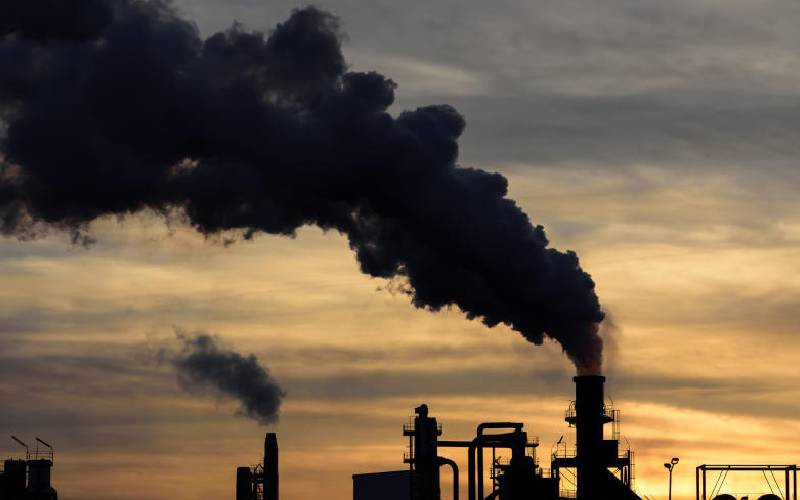×
The Standard e-Paper
Stay Informed, Even Offline

As world leaders gather in the Azerbaijani capital, Baku, for the COP29 summit, the irony of the event is evident in the nation's role - or lack thereof - in the fight against climate change, due to its heavy reliance on fossil fuels, which are largely blamed for the climate crisis.